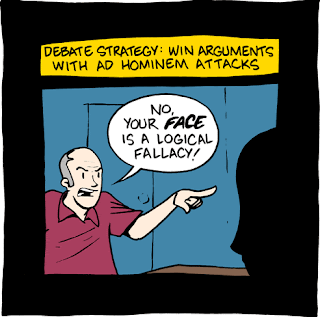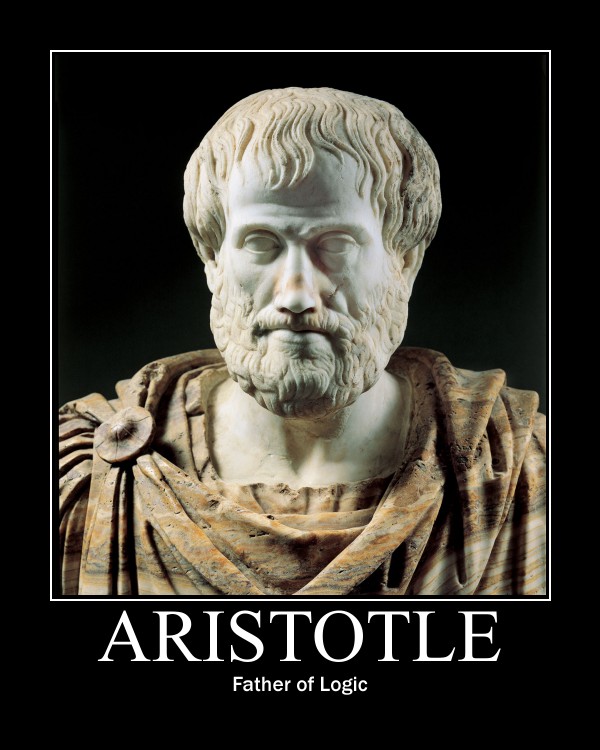Why is the study of Philosophy and Ethics important to your development as a student and as a human being?
Philosophy simply means love of wisdom. It is the study of reason and understanding. Whereas ethics studies morality, right and wrong. It is very important to know how to express yourself by means of reasoning, correct reasoning, that is!
There are a lot of things that we can get from studying Philosophy and Ethics. Knowledge, I think, is the most important thing that we gain from studying the two. Knowledge of correct reasoning from logic, knowledge of beauty from aesthetic, knowledge of the nature of human beings from methapysics, knowledge of moral judgment from ethics and knowledge itself from epistemology.
It also helps us understand things more, to at least differentiate truth from reality, right from wrong, tough sometimes, I must say, it is still very confusing. But I think I am more knowledgeable now that I've learned a thing or two from studying Philosophy and Ethics.
"I am the wisest man alive, for I know one thing, and that is that I know nothing." -Socrates
I believe that Socrates is wise but not wise enough to be the wisest man on earth(amongst the living and the dead). I for one, think that Aristotle is much wiser than Socrates. It is because Aristotle have proved more things than Socrates, and he has done far more better studies than that of Socrates's.
But I like his modesty. Everyone knows that he is a genius, nonetheless, he admitted that he knows only one thing, and that is that he knows nothing. I came across a phrase when I was surfing the web a few years ago, and yes I still remember it, it says "Knowing nothing is knowing everything." I didn't really understand what it meant then, but now I do. Or at least, I think I do. It means that if you know one thing, you must acknowledge that you know nothing, since nothing can truly be known. That being said, is already an acknowledgement, acknowledging that you know nothing says that you are realistic. Being smart(or stupid) only refer to a person's ability to learn new things, and let go of the old concepts that are irrelevant. It means, a person can never really know everything there is to know, that's why we are always learning.



















